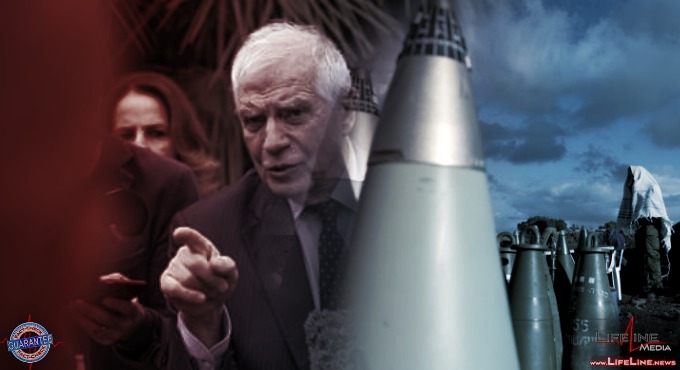Inside the Dangerous Clash that Could Ignite a Devastating Middle East War

FACT-CHECK GUARANTEE
Political Tilt
& Emotional Tone
The article presents a balanced overview of the conflict between Israel and Iran without evident favoritism or partisan language toward either side.
Generated using artificial intelligence.
The tone is serious and slightly negative, reflecting the grave and escalating nature of the conflict while maintaining a primarily factual narrative.
Generated using artificial intelligence.
Updated:
Read
Air raid sirens, shattered buildings, and urgent government warnings have become daily realities as Israel and Iran move closer to outright war.
What began as a shadowy campaign of sabotage and covert strikes has erupted into direct military confrontation — a conflict that could redraw the Middle East map and send economic shockwaves worldwide.
In recent weeks, Israel has abandoned secrecy, launching airstrikes deep inside Iranian territory. Fighter jets struck nuclear complexes at Natanz and Esfahan, targeting high-profile figures such as senior Revolutionary Guard commander Hossein Salami and nuclear scientist Fereydoon Abbasi.
The toll is staggering: over 200 Iranians are reported dead, including many senior officials and scientists. The strikes have not been limited to military sites; neighborhoods in Tehran have also suffered damage.
Iran’s retaliation was swift and fierce. Ballistic missiles rained down on Israeli cities, with some rockets slipping past Israel’s Iron Dome defenses and striking homes and businesses.
Though most missiles were intercepted in fiery bursts above city skylines, the damage is real. At least two dozen Israelis have been killed, with many more wounded.
Regional Fallout and Global Implications
Diplomacy now lies in ruins. Hopes for reviving talks on Iran’s nuclear ambitions have vanished amid missile trails and mutual recrimination.
Iranian leaders, facing public outrage over the deaths of officials and civilians, have vowed a “powerful answer.” Supreme Leader Ali Khamenei warned that any further Israeli or American involvement would bring “irreparable consequences.”
Western powers have been drawn in. The United States, Britain, France, and Jordan rushed to bolster Israel’s defenses, intercepting Iranian drones before they could reach their targets.
Syria has intervened on Iran’s behalf, launching attacks against Israeli missile batteries. Across the region, Iranian-backed militias have intensified assaults from Yemen to Lebanon.
The stakes for Washington are rising daily. So far, President Biden has limited U.S. involvement to defensive operations — intercepting drones and sharing intelligence — but Tehran has made its red lines clear: any direct American strike will trigger severe retaliation.
The human cost continues to mount. Scenes of wounded Iranians pulled from rubble circulate on social media, fueling anger on Tehran’s streets and calls for vengeance against Israel and its allies.
In Israel, funerals for soldiers killed in missile barrages draw crowds bracing for more violence. Both governments insist they are only targeting military threats, yet civilians continue to pay the price.
Beyond the battlefield, the conflict is shaking global markets. Oil prices climb with each new explosion as investors fear a wider war could choke off vital energy supplies.
Economies worldwide brace for higher costs at the pump and growing uncertainty. International organizations issue dire warnings: if fighting damages sensitive nuclear sites or spills into neighboring countries, the consequences could be catastrophic.
So far, no radiation leaks have been reported from Iran’s battered facilities. However, experts caution that continued strikes increase the risk significantly.
This is not simply another flare-up in a long-running feud; it is a dangerous turning point. Israel insists it must cripple Iran’s ability to arm hostile groups like Hezbollah and Hamas — a goal that may require further escalation.
Iran remains defiant. Its proxies continue to apply pressure along Israel’s borders and beyond.
With diplomacy stalled and tempers running high in both capitals, an immediate ceasefire appears unlikely. Each new attack risks drawing in more actors — regional powers and superpowers alike — broadening the war’s scope.
For now, the world watches anxiously as two bitter rivals edge closer to a conflict with consequences far beyond their own borders. The fate of the Middle East — and global stability itself — hangs in the balance.

Join the discussion!
Be the FIRST to comment on ‘TERRIFYING ESCALATION: Israel and Iran Edge Closer to WAR Global SHOCKwaves Feared’